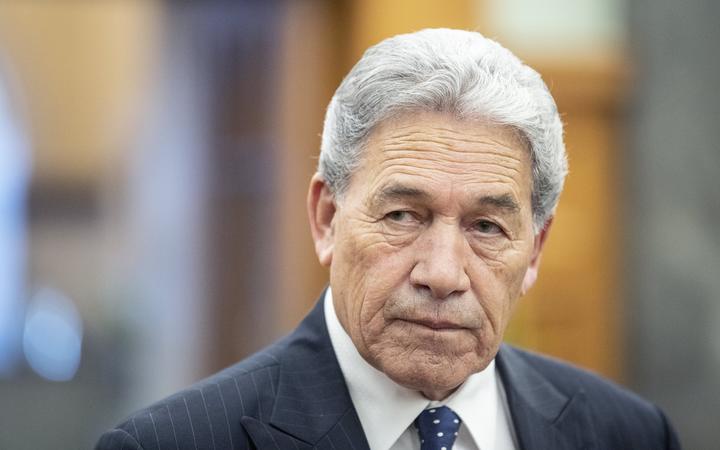
Deputy Prime Minister Peters reportedly told ABC 24 News he was given the information by a New Zealand journalist, who he said was "usually very reliable".
"It wasn't an official, I found out from somewhere else, but I think there's been a breach inside our quarantine system.
"I think, when that comes out very shortly, in a matter of maybe less than a day, we'll find out that was the case. But you don't always find out from your officials.
"You don't always find out from the experts. It's something you sort of find out by contact with other people."
Peters added: "I don't know where this quarantine breach may have happened, but I think you can eliminate it being some new strain of Covid-19 that hitherto my country hadn't seen.
"In Melbourne's case, of course, it was - how shall I say it without being too critical? - pretty slack oversight and supervision, where it was put in the hands of private industry, which was a disaster.
"In our case, we got the army in early enough to know that that wouldn't have been the problem. But there's been a breach, and we'll find out in a matter of hours, or within a day."
A spokesperson for the prime minister's office said they have not seen what Peters had said, but "no connection between managed isolation and these cases has been established at this point".
Thirteen new cases of community transmission were revealed today.
It takes New Zealand's total number of cases in the community to 17, after it was announced on Tuesday that four people from the same family had tested positive.
The new cases are all linked to the original four confirmed cases from an outbreak in South Auckland and are being treated as a cluster.
"What we know about clusters is that they grow," said director general of health Ashley Bloomfield.
"What is important is that we investigate these cases to their full extent, and that is exactly where people who are coming forward to be tested are helping us."












